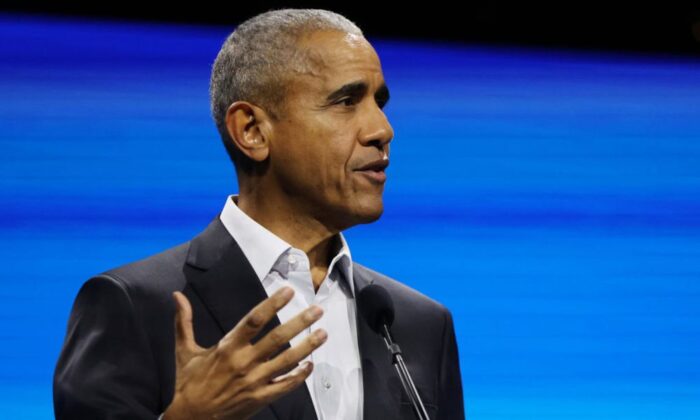A new book claims that former President Barack Obama significantly weakened the Democratic Party in the aftermath of his presidency. Fight: Inside the Wildest Battle for the White House, by political reporters Jonathan Allen and Amie Parnes and published by William Morrow and Company, argues that Obama left the party in a more fragile state than when he entered office, focusing more on cultivating personal influence than fostering party unity.
According to the authors, instead of reinforcing the broader Democratic infrastructure, Obama built his political network around a circle of “Black professionals” aligned with his own ambitions. This strategy marked a departure from the traditional approach taken by figures like Bill and Hillary Clinton and Joe Biden, who built their political influence within the Democratic Party’s existing structure.
At the heart of the book’s argument is Obama’s creation of Organizing for Action in 2012, a nonprofit launched after his re-election. While the group was intended to promote his legislative agenda, it effectively operated in parallel with the Democratic Party—competing for resources, attention, and influence. “Organizing for Action never realized his vision,” Allen and Parnes write, but it still undercut the Democratic establishment by drawing power and funding away from it. An anonymous party operative stated it more directly: “Obama destroyed that s*it.”
After Obama left office in 2016, key Democratic figures—including the Clintons, Joe Biden, and former DNC Chair Donna Brazile—moved to rebuild the party’s traditional infrastructure, according to the New York Post. Their efforts were focused on preventing far-left progressives from taking control and on restoring loyal party operatives to influential roles within national and state committees.
One Biden ally directly credited Bill and Hillary Clinton for orchestrating this behind-the-scenes effort to preserve establishment control within the Democratic Party. Their influence reportedly helped ensure that centrist Democrats stayed in charge while keeping more progressive voices at arm’s length. The book also delves into former President Obama’s hesitancy to support Vice President Kamala Harris in the 2024 election after Joe Biden chose not to seek re-election.
According to Allen and Parnes, Obama questioned Harris’s ability to defeat Donald Trump, which sparked frustration within her campaign team. Although Obama ultimately endorsed Harris, it came five days after Biden’s official withdrawal—an unusual delay that, according to sources close to Obama, led to tensions and required a personal reconciliation between him and Harris.



